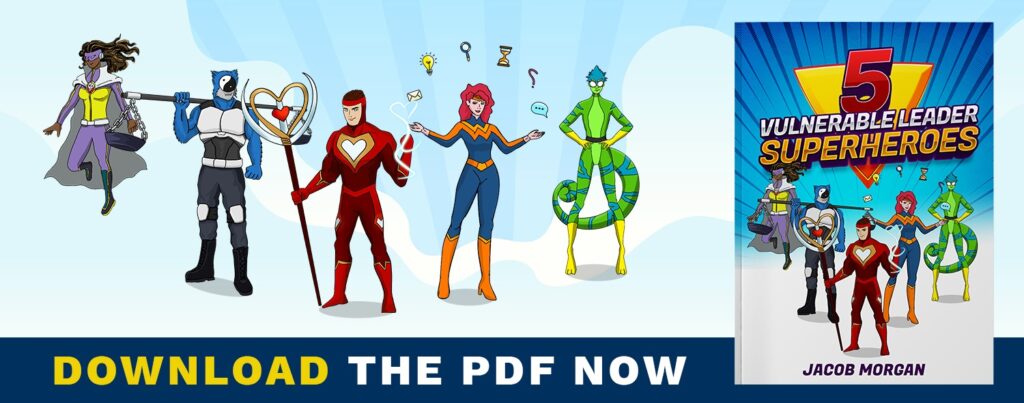👋Welcome to a 🔐subscriber-only edition🔐 of Great Leadership. Each week I share strategies, insights, and research for how you can become a better leader, create a culture where employees want to show up, and build a future-ready organization. These posts get delivered straight to your inbox with no additional work on your end.
Before COVID, I played in a weekly chess tournament in San Francisco. Each Monday we would all show up and play a rated classical (long time control) game. I’d take an Uber from my home in Alameda to the ferry station, then take a 20 minute ferry ride to downtown San Francisco, and then walk for 20 mins to get to the Mechanic’s Chess Club.
I LOVED this Monday evening routing and I was doing well in my group.
One day I showed up to my weekly game to play against an opponent who was rated around 1600, which is relatively strong for amateur players like me. We played for around 6 hours and ultimately I ended up losing the game. I reviewed the game with my coach afterwards and he said, “you were completely winning, why didn’t you just push your pawn down the board and promote to a queen?”
…
What kind of a vulnerable leader are you? Based on over 100 CEO interviews I identified 5 types of vulnerable leaders, each with their own unique strengths and weaknesses. Knowing what kind of a leader you are will help you determine what kind of what you should do and who you should work with. Download the PDF here.
…
I didn’t have a good response, during the game I imagined all sorts of threats by my opponent, which were actually not threats at all. One of the things chess players struggle with is this concept of “seeing ghosts,” that is seeing threats that aren’t really there. We get so into our own thoughts that we convince ourselves that something bad is going to happen when in reality our position is completely fine and in fact winning.
This concept strikingly mirrors challenges faced by leaders in business. They too, often perceive threats or opportunities that aren’t there.
“Seeing ghosts” in leadership often manifests as overestimating competitors’ capabilities, underestimating internal problems, or misjudging market opportunities. For example, Blockbuster’s failure to recognize the threat posed by Netflix’s streaming model is a classic case of a leadership oversight. Similarly, Nokia’s underestimation of the smartphone market’s potential is another such ‘ghost’.
Why does this happen and what can leaders to do avoid seeing ghosts?
Get the rest of the article on Substack
You can also get my latest book, Leading With Vulnerability while Amazon is having a massive 23% sale! It will teach you why vulnerability alone can hurt you at work and why you need to combine vulnerability with leadership – competence with connection, and how to do it. Adam Grant said this about the book:
“A thoughtful, resourceful read on how leaders can be more candid about their foibles and fears without sacrificing their effectiveness. If you’ve recognized the importance of vulnerability but aren’t sure how to bring it into your workplace, this book is for you.”


Comments